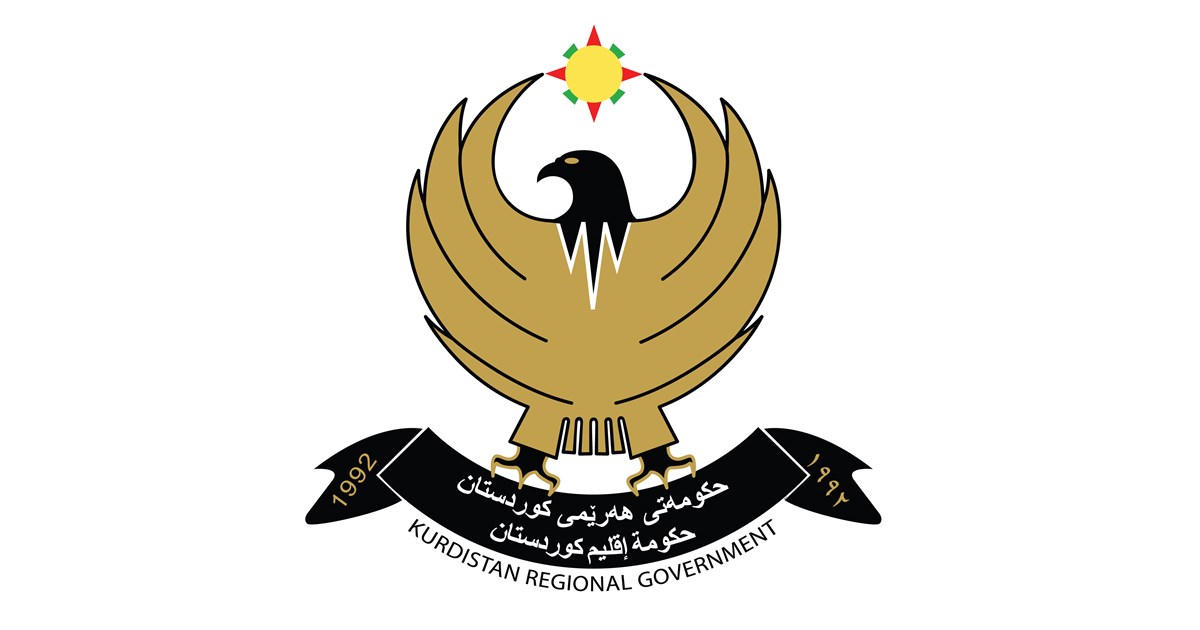Private Sector Social Security and Pension Enrolments Surge in Kurdistan Region

According to the latest data from the Ministry of Labour and Social Affairs of the Kurdistan Regional Government (KRG), there has been a significant increase in both local and foreign employees enrolling in social security and pension plans within the private sector. The number of workers registered in the scheme has increased from 84,466 in 2018 to 165,627 by the end of 2023, marking substantial growth in coverage.
Between 2018 and 2023, the number of insured private businesses rose by approximately 71%, and the coverage for employees increased by about 96%. This growth reflects considerable improvements in insurance provisions for both businesses and their staff. The total number of employees covered by these schemes nearly doubled from 82,637 in 2018 to 165,627 by the end of 2023, while the number of participating businesses grew from 28,225 to 48,372.
In June 2023, Prime Minister Masrour Barzani highlighted the KRG’s commitment to enrol all private sector employees in social insurance during his visit to the General Directorate of Labour and Social Insurance in Erbil. This initiative aims to streamline services and boost employment, ensuring future pensions for all workers as part of broader efforts to reduce bureaucracy and enhance labour market opportunities.
The Directorate General of Labour and Social Insurance (LSI) oversees these programs, which have seen significant domestic participation. Specifically, 112,716 male and 24,664 female local employees, along with 23,495 male and 4,752 female foreign workers, have contributed to the schemes during this period.
From the inception of the scheme until March 2024, the LSI has collected IQD 34,392,223,000 in revenue, which is managed under the Social Insurance Fund (SIF). To date, 752 private sector employees have benefited from this fund, receiving monthly pensions funded by their contributions.
Additionally, in 2023, the LSI's job centre sections across the Kurdistan Region successfully placed 1,185 job seekers, including 253 women, into employment.
The KRG is also enhancing labour support through initiatives like the establishment of a dedicated hotline (5500) for both local and foreign workers to report workplace issues. This ensures swift resolution and, if necessary, escalation through the appropriate employment tribunal.
Workers' rights in the Kurdistan Region are protected under the Pension and Social Insurance Act 39 of 1971 and the Employment Act 71 of 1987. Under these laws, male employees are eligible for retirement after 20 years of service or upon reaching the age of 60, while female employees can retire after 20 years of service or upon reaching 55.
Private sector employers are required to register their employees with the LSI, ensuring coverage under this scheme. Contributions include 5% from the employee's salary and 12% from the employer, which are deposited into the SIF to secure funds for employees' retirement.
In 2016, the KRG launched a new Social Protection Strategic Framework, part of the Vision 2020 reforms aimed at strengthening labour market strategies and social safety nets. This initiative has bolstered the region's social insurance and safety net systems to support vulnerable groups and provide greater youth opportunities, underscoring a commitment to inclusive and sustainable social development.
Department of Media and Information
